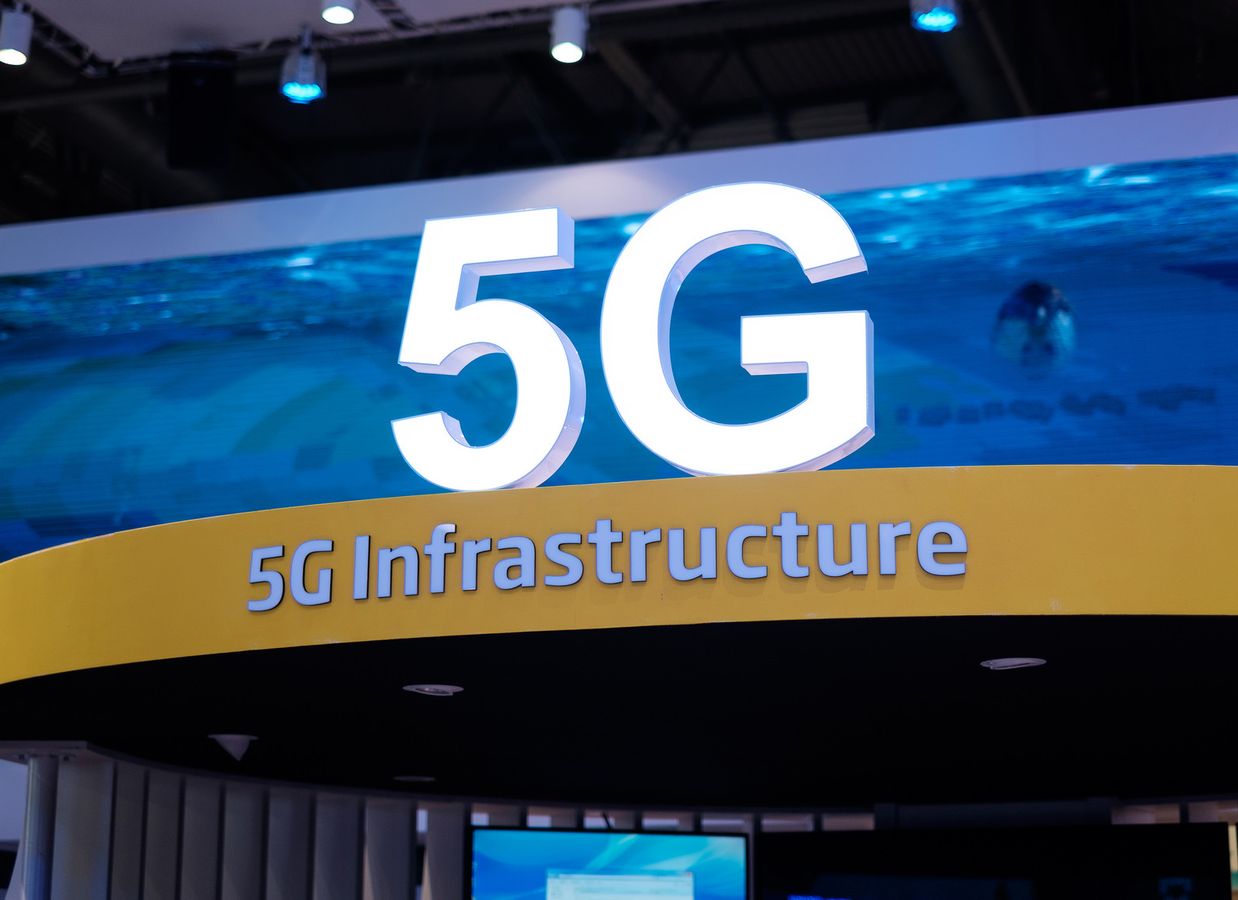Will 5G turn the telecommunications market upside-down?
The European Commission is anticipating the arrival of the fifth generation in mobile phones (5G) in 2020. It is expected to significantly increase data speeds and offer additional uses. However, the extent of the repercussions on the telecommunications market and on services is still difficult to evaluate, even for the experts. Some believe that 5G will be no more than a technological step up from 4G, in the same way that 4G progressed from 3G. In which case, it should not create radical change in the positions of the current economic stakeholders. Others believe that 5G has the potential to cause a complete reshuffle, stimulating the creation of new industries which will disrupt the organization among longstanding operators. Marc Bourreau sheds light on these two possibilities. He is an economist at Télécom ParisTech, and in March, co-authored a report for the Centre on Regulation in Europe (Cerre) entitled “Towards the successful deployment of 5G in Europe: What are the necessary policy and regulatory
conditions?”.
Can we predict what 5G will really be like?
Marc Bourreau: 5G is a shifting future. It is a broad term which encompasses the current technical developments in mobile technologies. The first of these will not reach commercial maturity until 2020, and will continue to develop afterwards, similar to the way in which 4G is still developing today. At present, 5G could go in a number of directions. But we can already imagine the likely scenarios from the positioning of economic actors and regulators.
Is seeing 5G as a simple progression from 4G one of those scenarios?
MB: 5G partly involves improving 4G, using new frequency bands, increasing antenna density, and improving the efficiency of wireless technology to allow greater data speeds. One way of seeing 5G is indeed as an improved 4G. However, this is probably the smallest progression that can be envisaged. Under this hypothesis, the structure of the market would be fairly similar, with mobile operators keeping an economic model based on sales of 5G subscriptions.
Doesn’t this scenario worry the economic stakeholders?
MB: Not really. In this case, the regulations would not change a great deal, which would mean there would be no need for a major adaptation by the longstanding stakeholders. There may be questions over investment for the operators, for example in antennae for which the density is set to rise. They would have to find a way of financing the new infrastructure. There would perhaps also be questions surrounding installation. A large density of 5G antennae would mean that development would primarily take place in urban areas, where installing antennae poses fewer problems.
Which scenario could change the way the current mobile telecommunications market is structured?
MB: Contrary to the scenario of a simple progression, is that of a total revolution. In this case, 5G would provide network solutions for particular industries. Economically speaking, we use the term of industry “verticals”. Connected cars are a vertical, as is health, and connected objects. These sectors could develop new services with 5G. It would be a true revolution, as these verticals require access to the network and infrastructure. If a carmaker creates an autonomous vehicle, it must be able to receive and send data on a dedicated network. This means that antennae and bandwidths will need to be shared with mobile phone operators.
To what extent would this “revolution” scenario affect the market?
MB: Newcomers will not have their own infrastructure. They will therefore be virtual operators, as opposed to classical operators. They will probably have to rent access. This means the longstanding operators will have to change their economic model to incorporate this new role. In this scenario, the current operators would become network actors rather than service actors. Sharing the network like this could imply regulations to help the different actors to negotiate with each other. As each virtual operator will have different needs, the quality of service will not be identical for each vertical. The question of preserving or adapting the neutrality of the net for 5G will inevitably arise.
Isn’t the scenario of a revolution, along with new services, more advantageous?
MB: It certainly promises to use the full potential of technology to achieve many things. But it also involves risk. It could disrupt operators’ economic models, and who knows if they will be able to adapt? Will the longstanding operators be capable of investing in infrastructure which will then be open to all? An optimistic view would be to say that by opening the networks, the many services created will generate value which will, in part, come back to the operators, allowing them to finance the development of the network. But we should not forget the slightly more pessimistic view that the value might come back to the newcomers only. If this were to happen, the longstanding operators would no longer be able to invest, infrastructure would not be rolled out on a large scale, and the scenario of a revolution would not be possible.
Of the two scenarios, a “progression” or a “revolution”, is one more likely than the other?
MB: In reality, we have to see the two scenarios as an evolution in time, rather than a choice. Once 5G is launched in 2020, there will be a development margin. Technology will progress from the umbrella term ”5G”, which will bring together the pieces of basic technology. After all, each mobile generation brings about changes which consumers do not necessarily notice. When the technology is launched commercially, it will probably be more of a progression from 4G. The question is, will it then develop into the more ambitious scenario of a revolution?
What will influence the deepening role of 5G?
MB: The choice of scenario now depends on choices of normalization. Dictating the state of technology can either facilitate or place a limit on transformations in the market. Normalization is carried out in large economic areas. There are hopes of partnerships, for example between Europe and Korea, to unify standards and produce a homogeneous 5G. But we must not forget that the different economic areas can also have their own interest in sticking with a progression or opting for a revolution.
How do the interests of each economic area come into play?
MB: This technology is interesting both from an industrial point of view and a social one. Choices may be made on each of these aspects, depending on the policy preferred by an economic area. From an industrial point of view, a conservative approach to protect current actors will favor normalization. Conversely, other choices may be made, allowing new actors to emerge, which would be more of a “revolution” scenario. From a social point of view, we need to look at what the consumer wants, whether the new services created risk disrupting those currently on offer, etc.
What roles do the various stakeholders play in the decision-making process?
MB: The choice may be decentralized to the stakeholders. Operators are in discussion and negotiation with the vertical stakeholders. I think it is worth letting this process play out, allowing it to generate experimentation. The situation is similar to the early days of mobile web, where no one knew what the right application was, or the right economic model, etc. For 5G, no one knows what the relationship between mobile operators and carmakers, for example, might be. They must be left to find their own common ground. Behind this, the role of public policy is to support experimentation, respond to market errors, but only if these do occur. The European Commission is there to coordinate the stakeholders, support them in their transformation and in their experimentation. The H2020 program is a typical example of this, a research project bringing together scientists and industrial actors to come up with solutions.
This article is part of our dossier 5G: the new generation of mobile is already a reality





Leave a Reply
Want to join the discussion?Feel free to contribute!